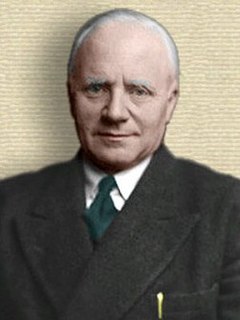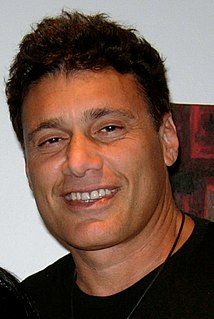A Quote by Kristen Stewart
There are always a lot of leading questions and opinions. Of course, our work is creative, and it's subjective.
Related Quotes
Everybody has opinions: I have them, you have them. And we are all told from the moment we open our eyes, that everyone is entitled to his or her opinion. Well, that's horsepuckey, of course. We are not entitled to our opinions; we are entitled to our informed opinions. Without research, without background, without understanding, it's nothing. It's just bibble-babble. It's like a fart in a wind tunnel, folks.
Running for office in our country takes a lot of money, and candidates have to go out and raise it. New York is probably the leading site for contributions for fundraising for candidates on both sides of the aisle, and it's also our economic center. And there are a lot of people here who should ask some tough questions before handing over campaign contributions to people who were really playing chicken with our whole economy.
The historian is looked upon as objective when he measures the past by the popular opinions of his own time, as subjective when he does not take these opinions for models. That man is thought best fitted to depict a period of the past, who is not in the least affected by that period. But only he who has a share in building up the future can grasp what the past has been, and only when transformed into a work of art can history arouse or even sustain instincts.
Having had the good fortune to serve beside her on both courts, I can attest that her opinions are always thoroughly considered, always carefully crafted and almost always correct (which is to say we sometimes disagree). That much is apparent for all to see. What only her colleagues know is that her suggestions improve the opinions the rest of us write, and that she is a source of collegiality and good judgment in all our work.
I'll always miss Mad Men, of course, but it is interesting to finally answer different questions after nine years. Not that that's a criticism to anyone, but just simply as a character for nine years, you're going to get a lot of the same questions for many, many, many years. This is sort of refreshing.
A lot of the commercial expression of hip-hop leaves a lot to be desired - but then, there's a lot of whack gospel music, but I'm not leading a crusade against it. Of course, the vices of hip-hop are far more influential, I understand. But the good that hip-hop transmits, the power of the culture to rally the best of our protest, and uplift, and resistance, traditions, is often unfairly overlooked.




































